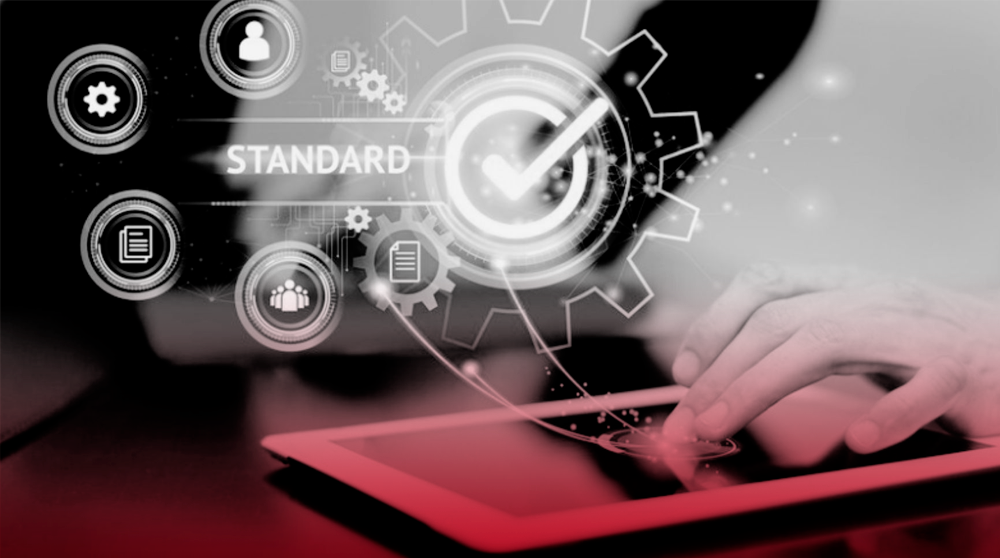
An integrated management system (IMS) is a framework that combines multiple management systems into a single and cohesive system, such as quality, environment and occupational health and safety, into a single framework.
Auditing integrated management systems (IMS) is a thorough task that requires specific skills and knowledge; several competencies are required to enable the auditor to perform the audit accurately and effectively. As well as a unique set of skills to ensure that all aspects of the system are working effectively and in-depth understanding.
The following are some of the key competencies required to audit an IMS:
1. Knowledge of the management system: It is important to have a thorough knowledge of the IMS to be audited, including the relevant standards and requirements.
This includes knowledge of ISO 9001 (quality), ISO 14001 (environment) and OHSAS 18001 or ISO 45001 (occupational health and safety) standards, among others.
2. Communication skills: The auditor must be able to communicate clearly and effectively with the organization’s personnel, including managers and employees involved in the IMS. In addition, be able to document their findings objectively, clearly and accurately.
3. Analytical skills: The auditor should be able to analyze the information and data collected during the audit to identify possible findings, problems and improvement areas in the IMS.
4. Objective and impartial evaluation: The auditor must have a critical mind and be willing to question the organization’s processes and procedures. In addition, have the ability to analyze information and make informed decisions based on facts.
5. Problem-solving skills: When problems are identified during the execution of the IMS audit, the auditor must be able to propose practical and effective solutions to address them.
6. Technical knowledge: in addition to knowledge of the IMS, the auditor must also have relevant technical knowledge in specific areas, such as occupational health and safety or environmental management and the legal framework applicable to the sector to which the organization belongs.
In summary, when it comes to auditing an IMS, it is crucial to have certain competencies and skills that allow for an effective audit.
Bibliography:
ISO 19011:2018- Guidelines for the audit of management systems
Categories
• Environmental
• Farming
• Food Safety
• Harmlessness
• News
• Quality
• Social Responsibility
• SQF



